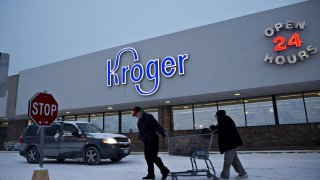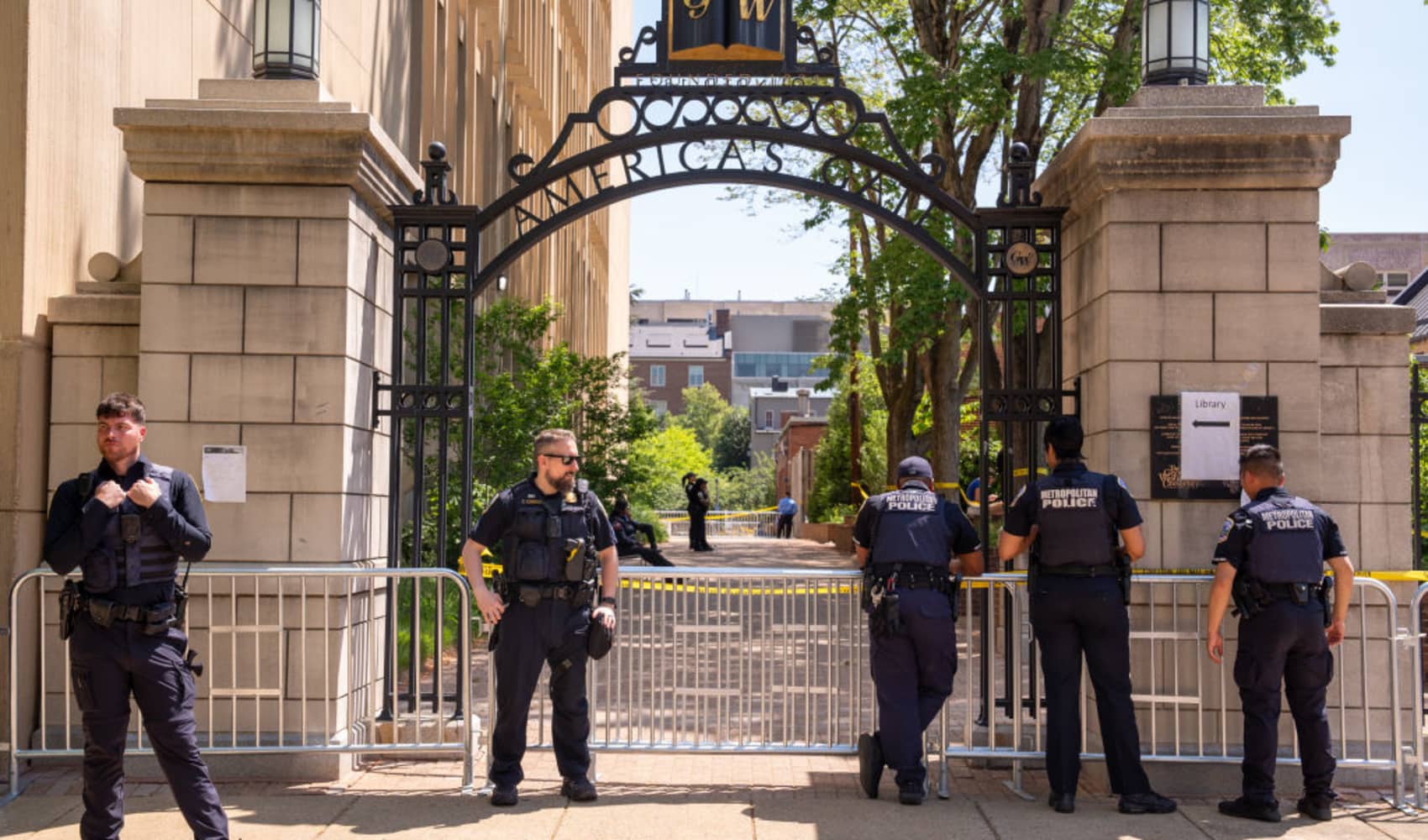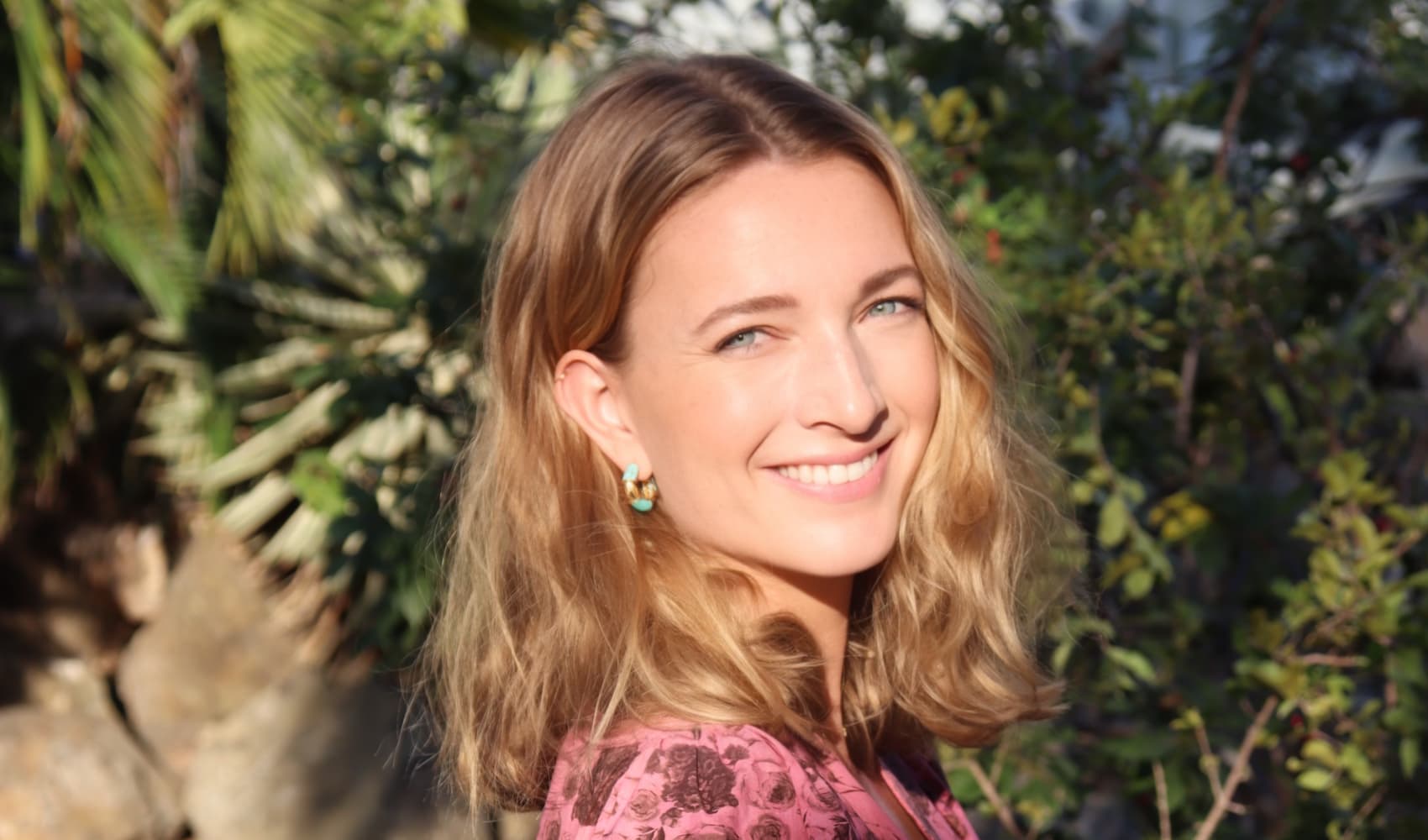
- Kroger CEO Rodney McMullen told CNBC the grocer was "ready and anxious" to distribute coronavirus vaccines at its pharmacies.
- "We're definitely prepared. It's something that we've been working [on] with state and federal government for weeks," he said.
- The nation's largest supermarket chain also operates almost 2,000 pharmacies in 37 states.
Kroger CEO Rodney McMullen on Thursday expressed confidence about the distribution of coronavirus vaccines at its pharmacies, telling CNBC the grocer was "ready and anxious to get started."
"We're definitely prepared," he said on "Closing Bell," adding the company has been coordinating with the federal government and states for weeks. "We have pharmacy professionals. We have nurse practitioners, and we're spread out across the country.
Cincinnati-based Kroger, the nation's largest supermarket chain, also operates almost 2,000 pharmacies in 37 states. It is among the numerous companies enrolled in a partnership with the Department of Health and Human Services to help deliver a Covid-19 vaccine to Americans once it is granted regulatory clearance. Albertsons, CVS, Walgreens and Costco also are in the HHS program.
Pfizer and its German partner BioNTech were the first Covid-19 vaccine developers to apply for emergency use authorization with the Food and Drug Administration, and Massachusetts-based Moderna applied for the same approval shortly afterward.
The FDA could grant emergency authorization for a vaccine this month. Earlier this week, an advisory panel for the U.S. Centers for Disease Control and Prevention recommended health-care workers and long-term care facility residents be the first to receive a Covid-19 vaccine.
Money Report
"Obviously, we're going to partner with the federal government in terms of priority, which health-care workers will be the first priority. But we're ready and anxious to get started," McMullen said.
The logistics of delivering a vaccine throughout the country are complex, especially given the low storage temperatures required for some of them. McMullen, for his part, expressed optimism about how the process would play out once a vaccine can begin to be shipped.
"I think it's one of those things where the country is going to come together. Is it easy? No, but we're going to be fine, and the whole supply chain will work together to make sure that people across the U.S. are getting the vaccines they need to, and making sure the temperatures are maintained," he said. "I have so much faith in everybody working together, and we will get it done."
Dr. Shereef Elnahal, president and CEO of University Hospital in Newark, New Jersey, told CNBC earlier
Thursday that his facility has taken steps to be ready for vaccines arriving. While noting that the ultra-cold storage temperatures needed for Pfizer's vaccine, in particular, add to the complexity, Elnahal echoed McMullen's outlook.
"I'm confident that we'll be able to do the first rounds of administration," said Elnahal, who previously led the New Jersey Department of Health under Democratic Gov. Phil Murphy. He said University Hospital has been working closely with the state health department, as well as with the Trump administration's Operation Warp Speed initiative.
"The cold storage requirements are very complex, requiring unique packaging but also of course the refrigeration equipment. We're one of just several hospitals in New Jersey that has the ability for ultra-cold storage so we'll be one of the few getting that first shipment, and we'll be testing the very complex logistics in the coming weeks."






